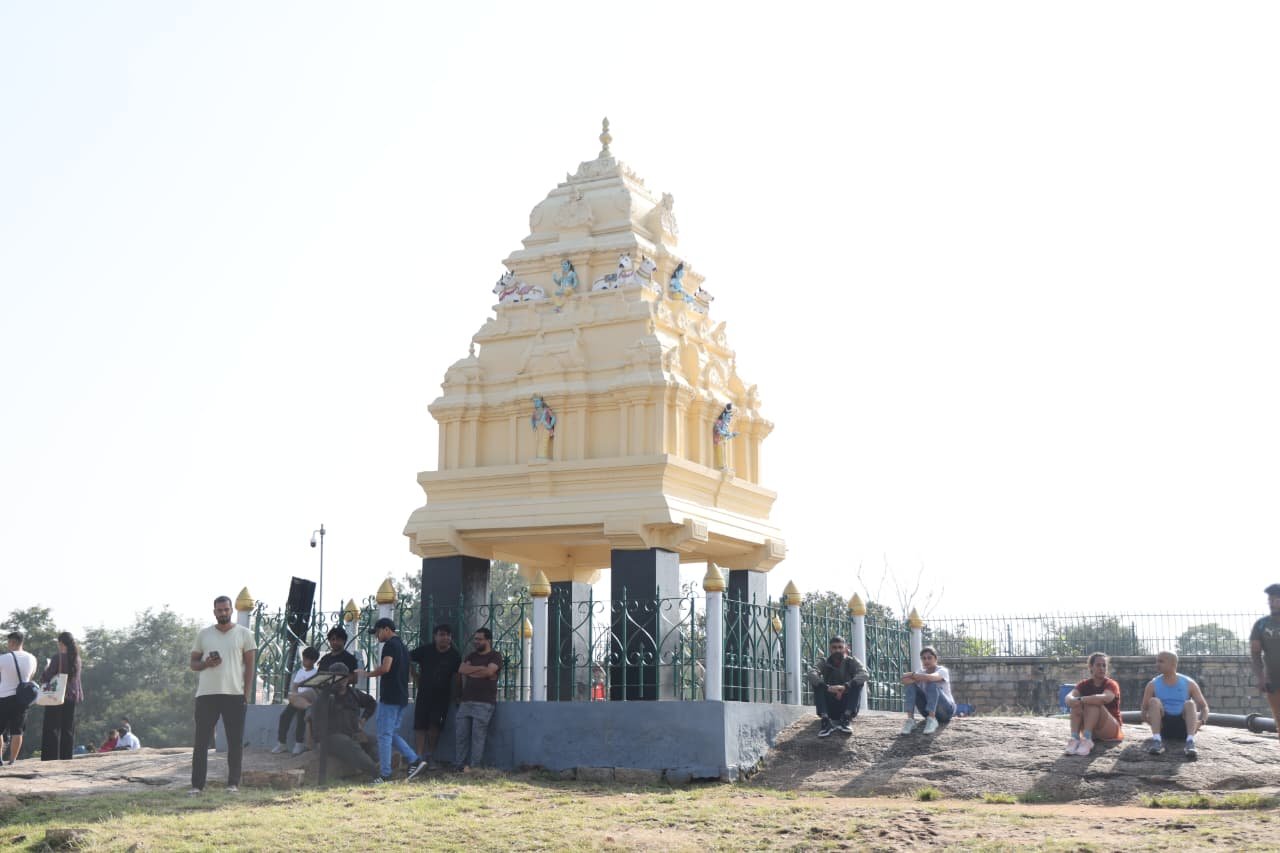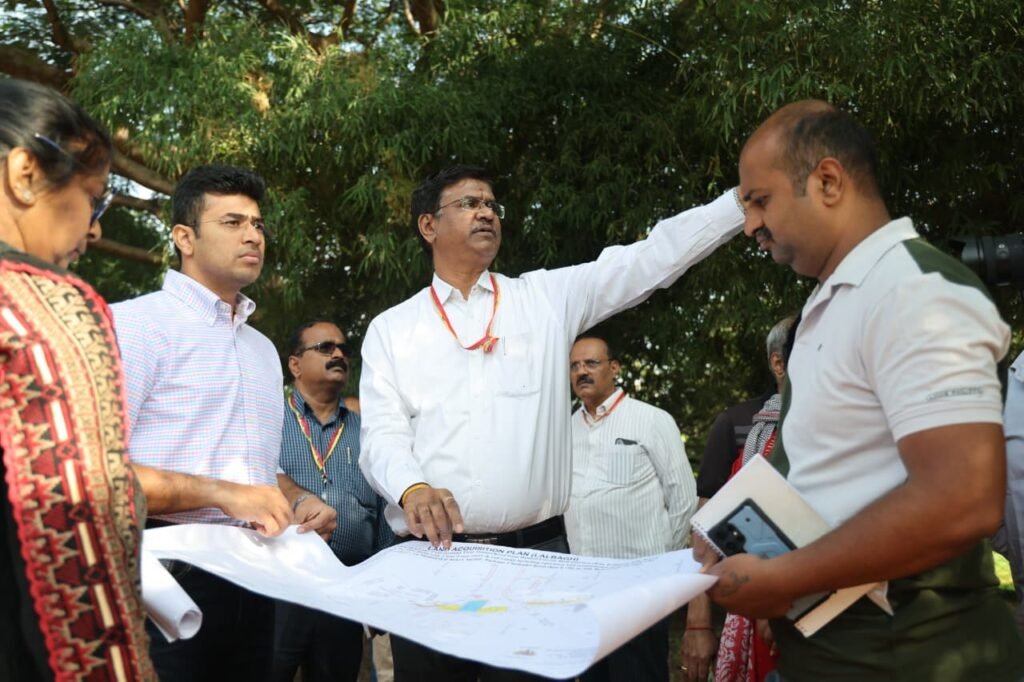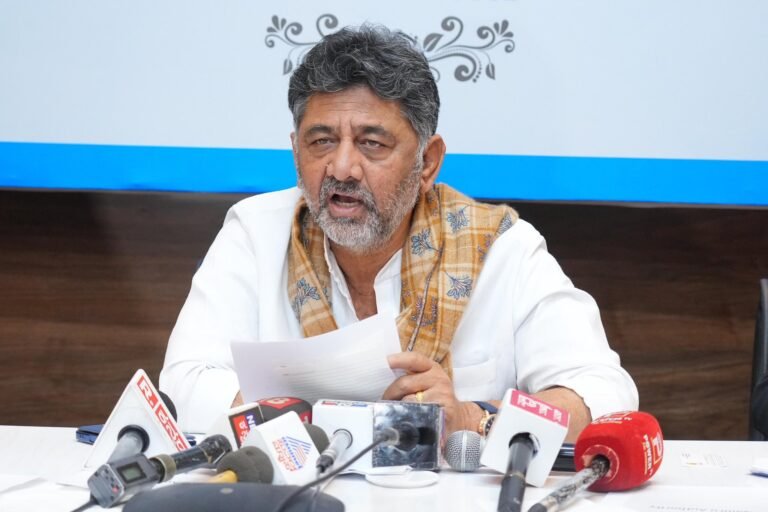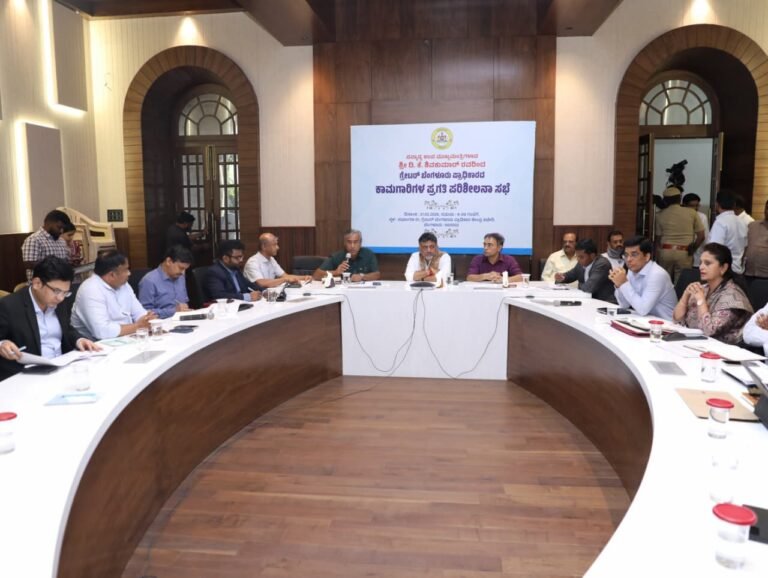
Bengaluru: Bengaluru South MP Tejasvi Surya has demanded a detailed geological and environmental assessment of the proposed Tunnel Road project at Lalbagh, warning that the plan to build an exit ramp inside the historic botanical garden could permanently damage the city’s 300-million-year-old rock formation — a National Geological Monument.
During an on-site inspection on Sunday, Surya categorically opposed the acquisition of any portion of Lalbagh’s land for the project and called the state government’s move “an assault on Bengaluru’s most vital green heritage.”
“The Karnataka Government is looking to take away Bengaluru’s most precious lung space — Lalbagh — to make an exit ramp for the Tunnel Road. This project poses a serious geological and ecological threat to the ancient Lalbagh Rock, an archaeological marvel that has stood for 300 million years. Lalbagh belongs to the people of Bengaluru — not to be handed over for any vanity project that puts the city’s environment at risk,”
Surya told reporters after the inspection.
The MP directed the Geological Survey of India (GSI) to conduct an immediate scientific study on the geological impact of the tunnel works on the Lalbagh Rock formation and sought a detailed report before any construction begins.
Surya also pulled up officials of B-SMILE, the Special Purpose Vehicle (SPV) formed by the Government of Karnataka to execute the Tunnel Road, for allegedly bypassing the mandatory Environmental Impact Assessment (EIA) and failing to hold public consultations with regular walkers and residents who frequent the garden.

He further noted that the tunnel corridor overlaps with the proposed Metro Phase 3A route, which had earlier been realigned to protect Lalbagh Rock from potential damage — a move that underlines the sensitivity of the site.
“If the Metro authorities could alter their alignment to protect this natural monument, there is no justification for pushing through a road tunnel that carries far greater risk. The Government must prioritize mass rapid transport systems over such costly and environmentally risky projects,”
Surya added.
The MP also warned that tunnelling activity could cause structural instability, fractures, and hydrological imbalances, affecting Lalbagh’s ecosystem and adjoining urban regions. He has urged the GSI to submit its findings publicly before any irreversible damage occurs.
In his formal communication to the GSI, Surya cited the recent tunnel collapse in Uttarakhand, stressing the need for a seismic and geological risk study before boring begins. He reiterated that B-SMILE’s claim of exemption from EIA provisions is “factually incorrect and scientifically indefensible.”
The Lalbagh Tunnel Road project — part of a proposed Hebbal to Silk Board underground corridor — has faced growing public opposition amid concerns over its cost, environmental impact, and lack of transparency.





